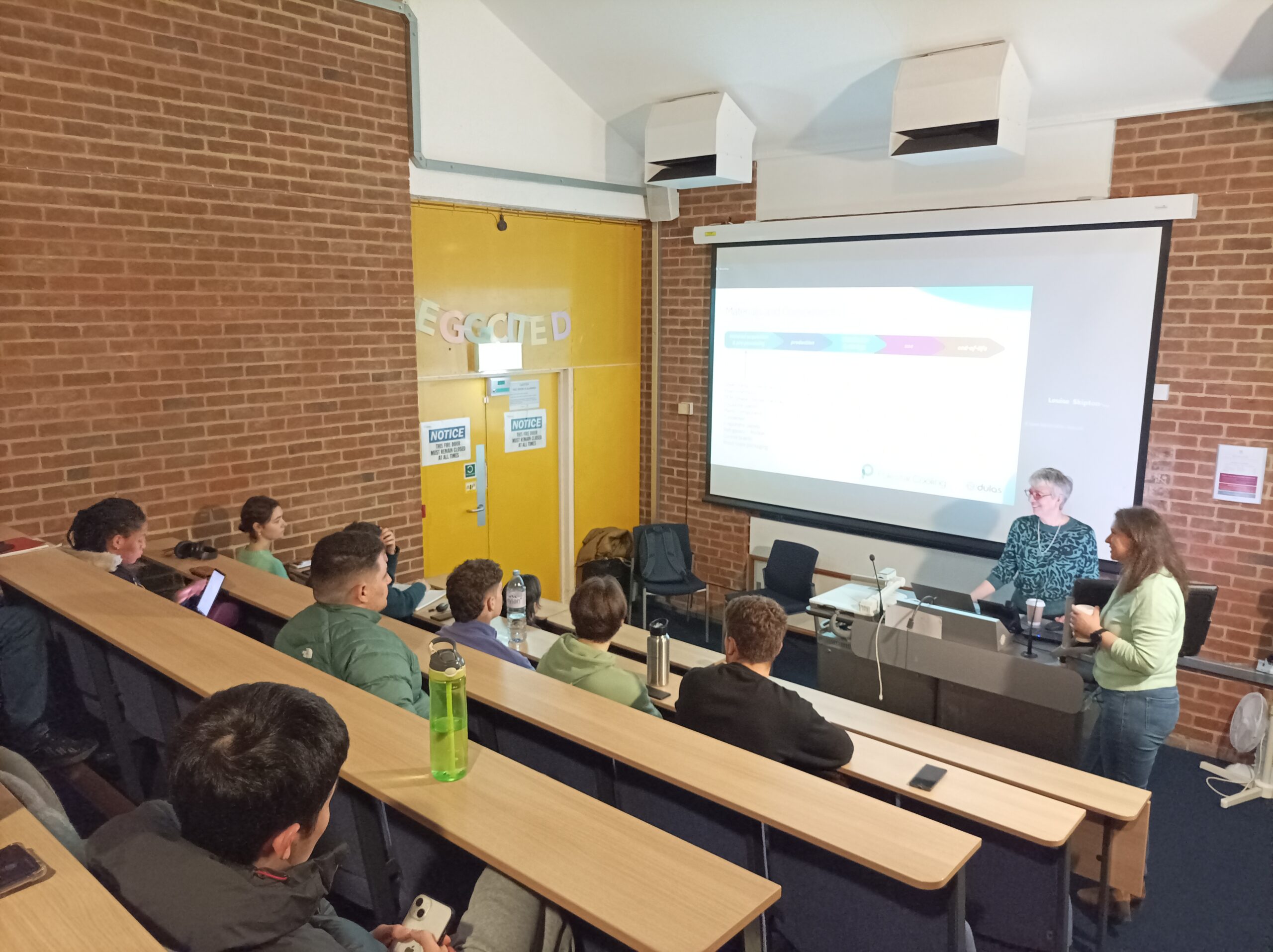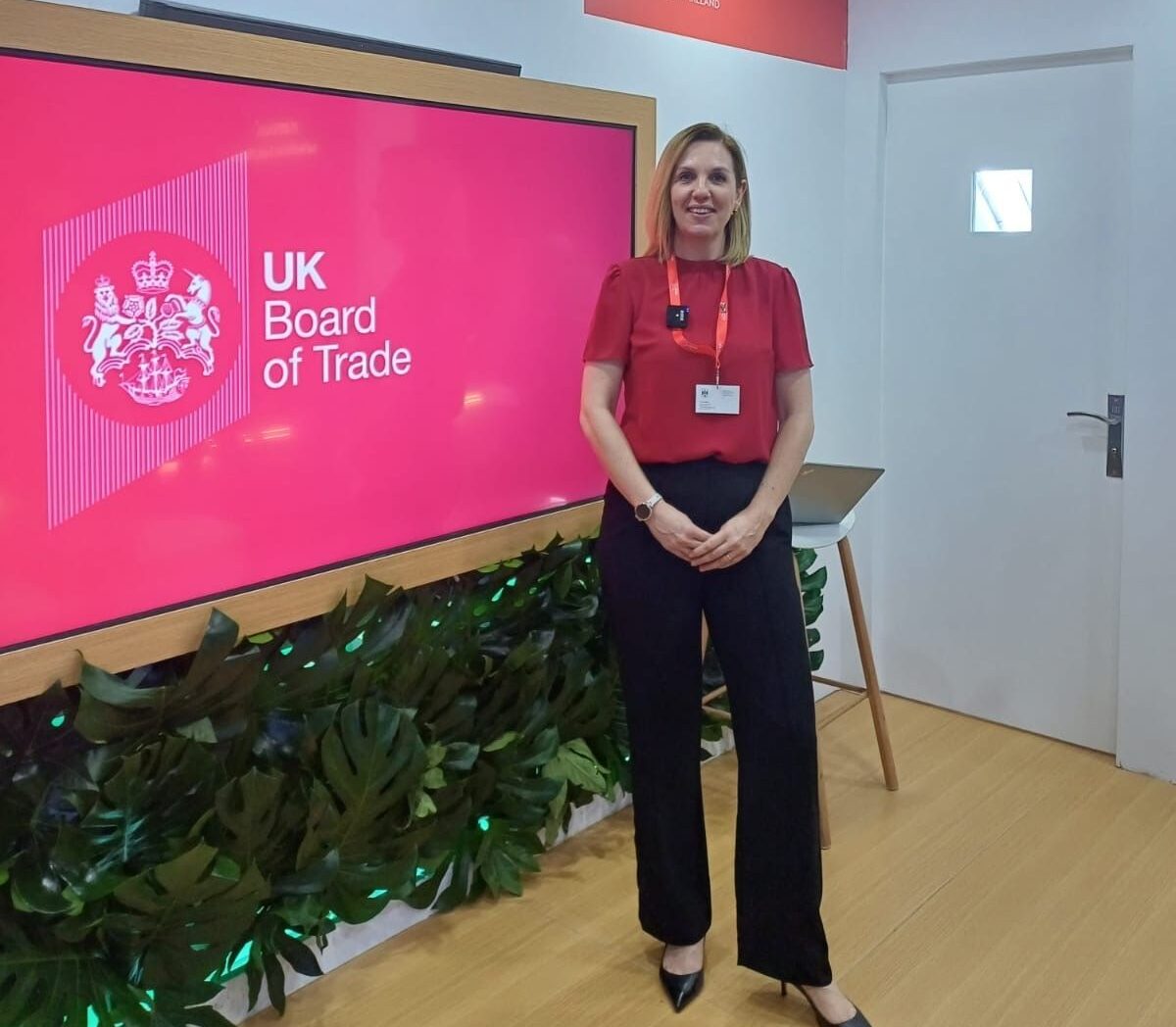Programmes create a ‘passport to protection’
In the West, it’s easy to imagine that the filing of a birth certificates is simply a bureaucratic box to tick after the birth of a child; an act that will enable that person to obtain a passport or driving licence later in life. However, UNICEF argues that from a developing nation’s perspective, this document provides a ‘passport to protection’ by establishing a record of a child’s life. By registering a child’s birth, a legal foundation is being laid for a person’s ‘civil, political, economic, social and cultural rights’.
It’s clear that birth registration therefore forms a bedrock for an equitable life. Without a record of a child’s age, children become vulnerable to child labour, exploitation within the justice system (being put on trial as an adult for example), child marriage, trafficking, sexual exploitation, forced conscription into warfare, and disappearance without investigation.
Children without a digital record simply don’t ‘exist’ to wider systems of support. On an individual level, this could translate into the child not receiving age-appropriate medical care, and on a community level, it could mean that governments don’t have enough accurate localised data to supply adequate medical, safeguarding or educational assistance. Knowing how many children live in an area is crucial to decision-making at the highest levels, and to the creation of policies aimed at protecting children.
Despite the manifold benefits to registering a birth, the number of children under the age of five who are currently ‘unrecorded’ is estimated to be as high as 230 million. Asia accounts for half of these children, with at least a quarter of Indonesian children unregistered. It’s also estimated that 95 million children are unregistered in Sub-Saharan Africa, a number that is projected to increase to 115 million by 2030 if serious interventions are not made.
The good news is that children don’t have to remain unregistered. Tens of millions are projected to get a second chance to obtain a legal identity with the expansion of global vaccination programmes. If a child is not registered at birth, their next best opportunity to exist within official records is when they receive medical care. Seth Berkley, CEO of Gavi, the Vaccine Alliance, spoke in 2017 about the ‘broad reach’ of routine immunisation (up to 86% of Africa and Asia now has access to vaccine programmes), and how this could enable millions of children to become registered as part of their treatment. Over 1 billion children were vaccinated globally over the past decade, and if the same figures are met over the following decade, this will leave a lot less room for children to fall between the cracks.
Over the past decade, record keeping has improved in tandem with improved vaccine provision across the world, but there is still room for improvement. It’s clearly preferential to create a digital footprint of a child’s medical care over a paper record, but for many, lack of access to electricity and the necessary systems has prevented a digital upload. To solve this problem, private companies have been working at bridging the digital gap. The resulting software systems and technologies are sure to dramatically improve coverage over the coming years.
Two dominant digital medical record systems have emerged over the last few years – MyChild and Khushi Baby System, and both have been developed to meet the needs of record keeping in challenging circumstances. Companies such as Dulas have also created energy solutions to ensure that laptops and mobile phones can be used to access and update record-keeping suites. Dulas products are well established as key components of the medical cold chain industry, and their solar powered refrigerators have been installed in tens of thousands of locations across the world. Their energy innovations also include the St Andrews Prize shortlisted Solar Socket. This device clips onto the front of the refrigerator and enables medical staff to use excess energy generated by the refrigerator’s solar array for many other purposes.
Ruth Chapman, MD at Dulas, writes that ‘we knew that our refrigerators could serve as more than cold storage. By adding a Solar Socket, medical facilities that have little in the way of infrastructure can use the extra electricity to power other critical equipment that they might need. One of the most valuable roles that the socket can play is to power digital devices so that records can be kept. The Solar Socket can play a crucial role in ensuring that children can be registered, wherever they are in the world.’
It is hoped that by piggy-backing on the wide coverage of the vaccination programme, the push to register more children will see enormous results over the next decade.
Digital identifies are incredibly powerful when it comes to providing and maintaining a broad scope of services and interventions for children. Berkley believes that the roll-out of further registrations will be transformative for millions of vulnerable children. ‘By giving them visibility in the digital world’, he writes, ‘we can help prevent a life of invisibility in the real world.’





